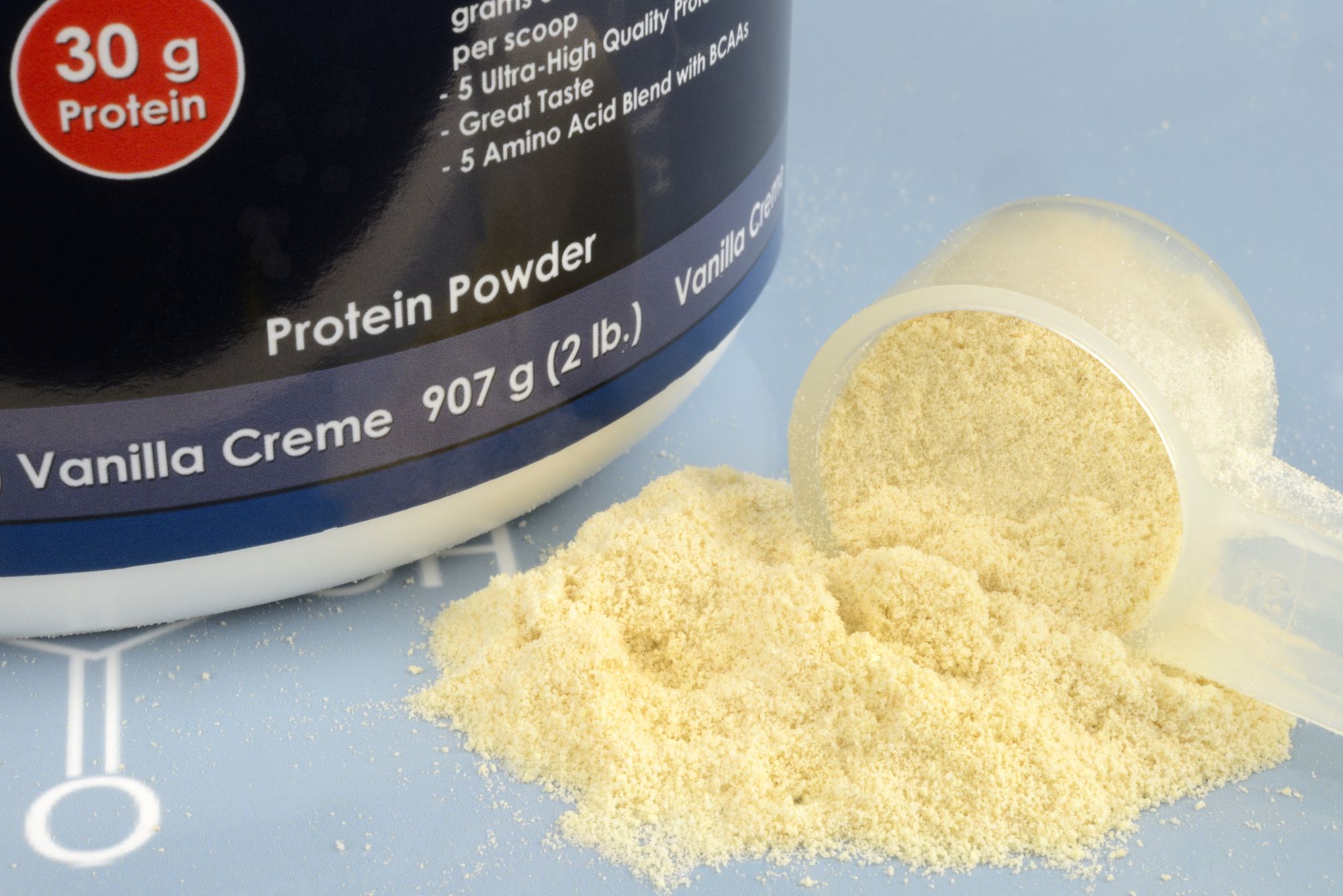Top Class Actions’s website and social media posts use affiliate links. If you make a purchase using such links, we may receive a commission, but it will not result in any additional charges to you. Please review our Affiliate Link Disclosure for more information.
Several major protein powder companies have been accused of engaging in protein spiking of their products, allegedly to charge customers elevated prices for a higher protein content.
The protein powder companies allegedly did this to save money on manufacturing costs, and to maximize profits. After discovering the products may have gone through spiking, consumers are filing legal action against the companies with a class action lawsuit already underway.
A protein powder class action lawsuit has been filed against Core Formulations, BioHealth, and Rogue Nutrition alleging the companies conducted protein spiking and ran deceptive advertising campaigns on their protein powders. The amount of protein in a product is measured based on the amount of nitrogen is in the product, which is converted into the protein content.
By testing the nitrogen content, the amount of amino acids is measured and the correct protein content reading is inferred from this reading. Even though amino acids are the building blocks of proteins, complete proteins are expensive to use, making companies resort to using incomplete proteins but circumventing the testing process with the amino acid spiking.
By putting in additives such as amino acids like taurine, protein powder manufacturers use protein spiking to present false protein content reading. Manufacturers have been allegedly engaging in this so-called protein spiking to maximize profits.
Overview of Protein Spiking Allegations
The protein powder lawsuit alleges the companies had participated in protein spiking so they could sell their protein powders at a higher price than what they normally could. The plaintiff alleges that the companies’ protein powder content is significantly lower than what is presented on the products’ labels, which allegedly allowed for the faulty prices.
After running the powders through testing at an independent lab, the protein content of the powders yielded significantly different results than what the products’ labels state:
- Rogue Nutrition Whey: Label claims: 28/g serving of protein, tests show: 19.7g/serving of protein
- Core Formulations Core 8 claims: 31/g serving of protein, tests show: 20.4 g/serving of protein
- BioHealth Precision Iso claims: 27/g serving of protein, test show: 17.5g/serving of protein
Also reflecting the disparities of the numbers is the prices of the products, with the companies’ protein powders ranging in prices from $49.99 to $59.99 for a 2lb container and $89.99 to $109.99 5lb container.
These protein powders can come in a variety of flavors, with the products making statements like “no protein spiking” and “only 100% whey protein.” The class action protein powder lawsuit alleges the protein powder manufacturers either knew or should have known that their marketing campaigns contained false advertising.
Customers who may have bought products where protein spiking was potentially used may be able to file legal action against the protein powder companies. Potential claimants should contact a knowledgeable lawyer to determine eligibility for a protein powder lawsuit.
Join a Free Protein Powder False Advertising Class Action Lawsuit Investigation
If you purchased any of the protein powders listed below, you may qualify to file a protein powder lawsuit or protein spiking class action lawsuit.
- Core Formulations Core 8 & IsoCore
- Rogue Nutrition Rogue Whey
- BioHealth Nutrition Precision Blend & Precision Iso
ATTORNEY ADVERTISING
Top Class Actions is a Proud Member of the American Bar Association
LEGAL INFORMATION IS NOT LEGAL ADVICE
Top Class Actions Legal Statement
©2008 – 2024 Top Class Actions® LLC
Various Trademarks held by their respective owners
This website is not intended for viewing or usage by European Union citizens.













